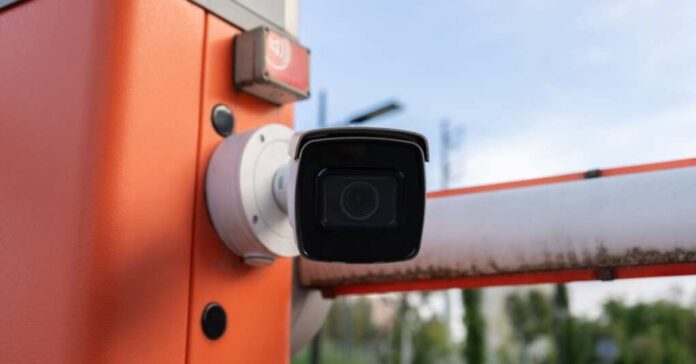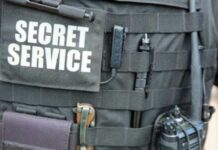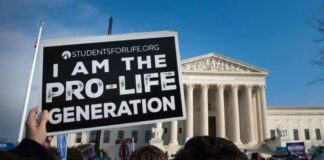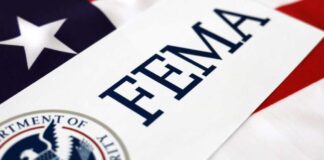Summons have been issued to the Illinois State Police, Attorney General Kwame Raoul, and Gov. J.B. Pritzker in a critical case that questions the use of automatic license plate reading (ALPR) cameras across the state. Filed by the Liberty Justice Center in the Northern District of Illinois federal court, the lawsuit challenges whether these devices violate Fourth Amendment rights against unwarranted search and seizure.
The case underscores the extensive deployment of ALPRs, which track vehicles on expressways and feed data into a national database accessible by thousands of law enforcement agencies. This widespread use raises concerns about constant surveillance and privacy invasion.
Reilly Stephens, the attorney representing the plaintiff, emphasized that whenever drivers use these expressways, their movements are tracked each time they pass one of these cameras. This information is then fed into a national database accessible to thousands of law enforcement agencies across the country.
Earlier this year, the Illinois State Police (ISP) announced an increased reliance on ALPR technology to enhance the targeting and tracking of criminal activity. The agency emphasized that these cameras, which capture images of vehicle license plates, improve law enforcement’s ability to locate and monitor vehicles associated with criminal activity. Gov. Pritzker highlighted the public safety benefits of this technology, particularly in Chicago.
By the end of 2022, 289 ALPRs had been installed in the Chicago area. In 2023, an additional 139 cameras were set up in Cook, St. Clair, Champaign, and Morgan counties, with plans for further installations in several other counties throughout 2024. An annual report from ISP revealed that installations in Cook and St. Clair counties alone cost $6.6 million, with maintenance expenses amounting to $100,000. The system captured 1.5 million license plate reads, with 282,118 linked to criminal investigations.
The Illinois Department of Transportation has been allocated $7 million in the upcoming fiscal year’s budget to install more cameras and ALPRs on state routes. While these measures may aid in tracking criminal suspects, the technology’s capabilities extend to tracking everyday activities, raising concerns about privacy and potential misuse.
The lawsuit argues that constant monitoring violates Fourth Amendment protections against unwarranted search and seizure. It deems the permanent tracking of citizens’ movements and whereabouts excessive. The use of ALPR technology is not limited to public entities; private entities such as homeowners’ associations, shopping malls, and movie theaters also employ these systems, though the implications are less severe since private entities lack the authority to detain individuals.
ISP has clarified that directives and public acts restrict ALPR data access and use strictly for law enforcement purposes in compliance with applicable laws and training requirements. Data is stored within the Law Enforcement Archival Reporting Network for 90 days and is not shared with the public except as authorized by law. Other law enforcement agencies may use the data only for public safety functions.
Despite these safeguards, there is skepticism about their adequacy in preventing abuse. Concerns persist that without strict oversight, there is a risk of misuse, such as unauthorized personal tracking. The lawsuit contends that either the cameras should be shut down or the use of ALPRs must adhere to probable cause and warrant requirements consistent with other Fourth Amendment searches.
ISP has stated that misuse or abuse of the ALPR system could result in sanctions or disciplinary action. However, the legal battle raises a fundamental question: Are ALPRs an essential tool for public safety or an unconstitutional invasion of privacy? As the case progresses, Illinois residents and legal experts will closely watch the court’s decision, awaiting clarity on the balance between public safety and privacy rights. A hearing for the case has yet to be set.



















